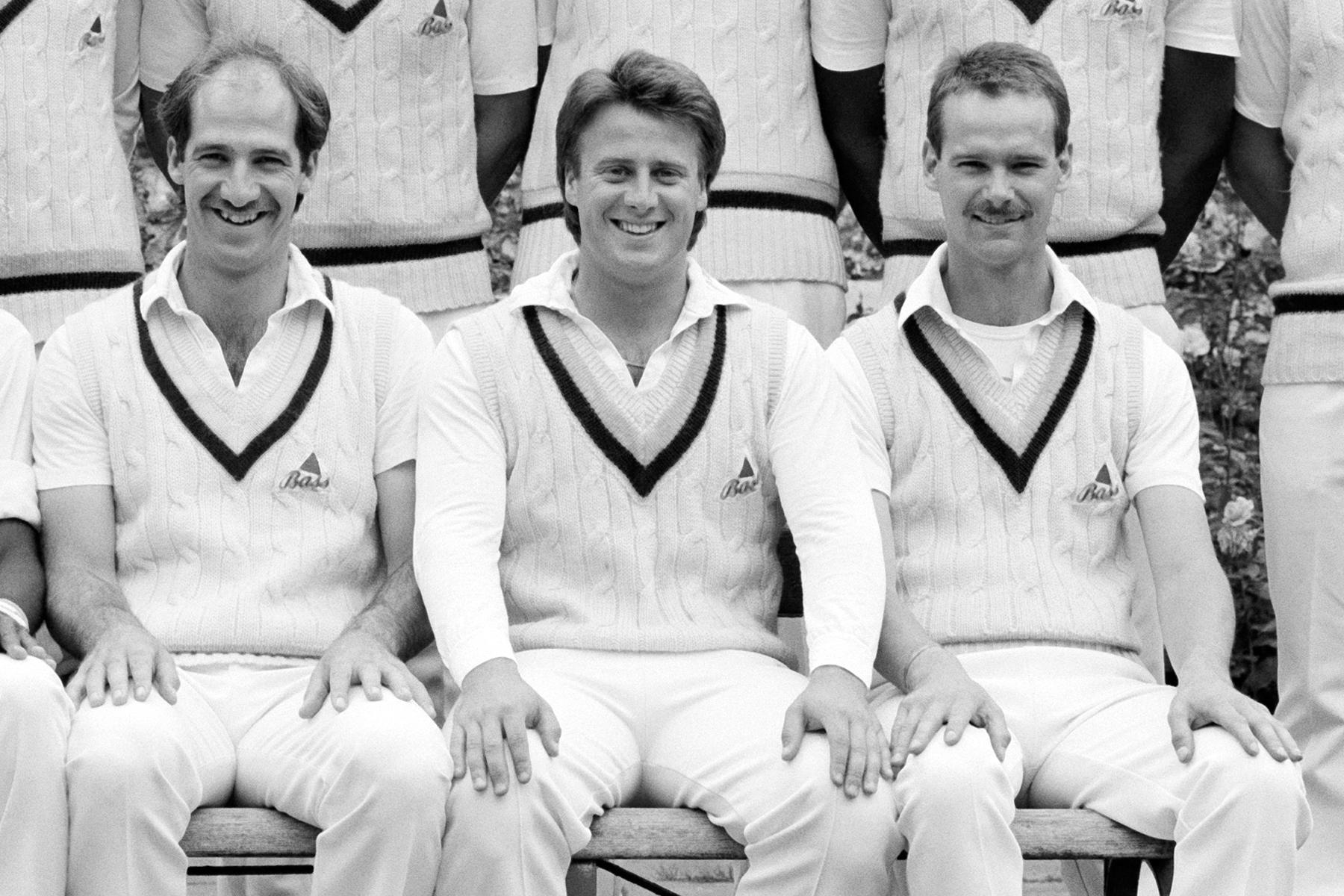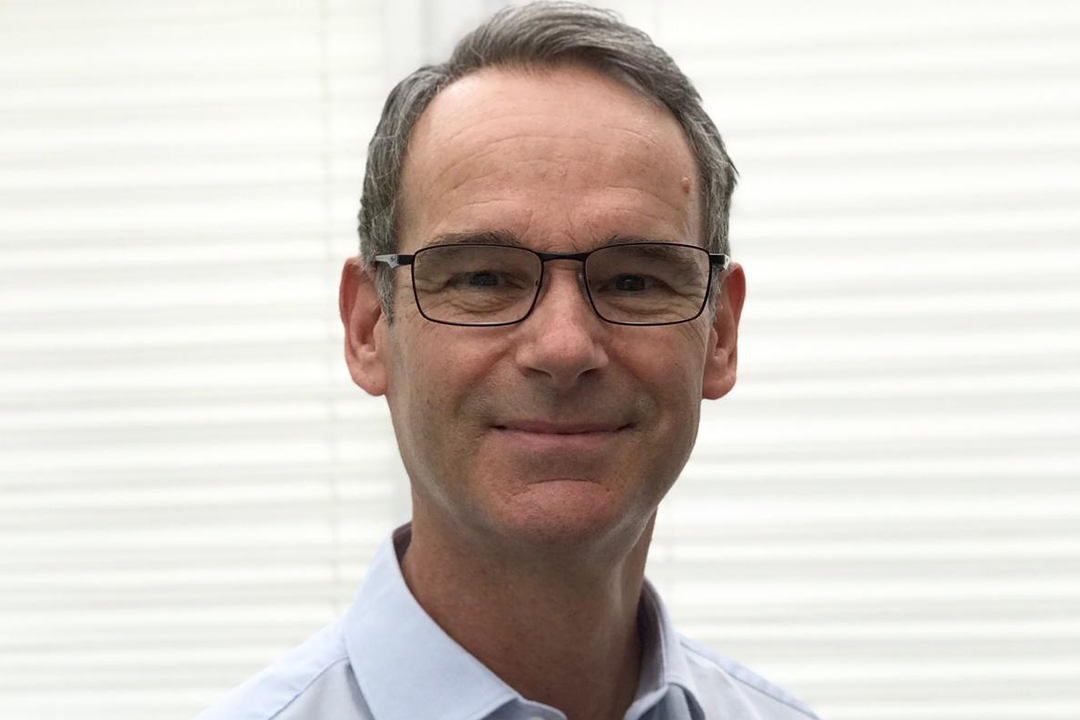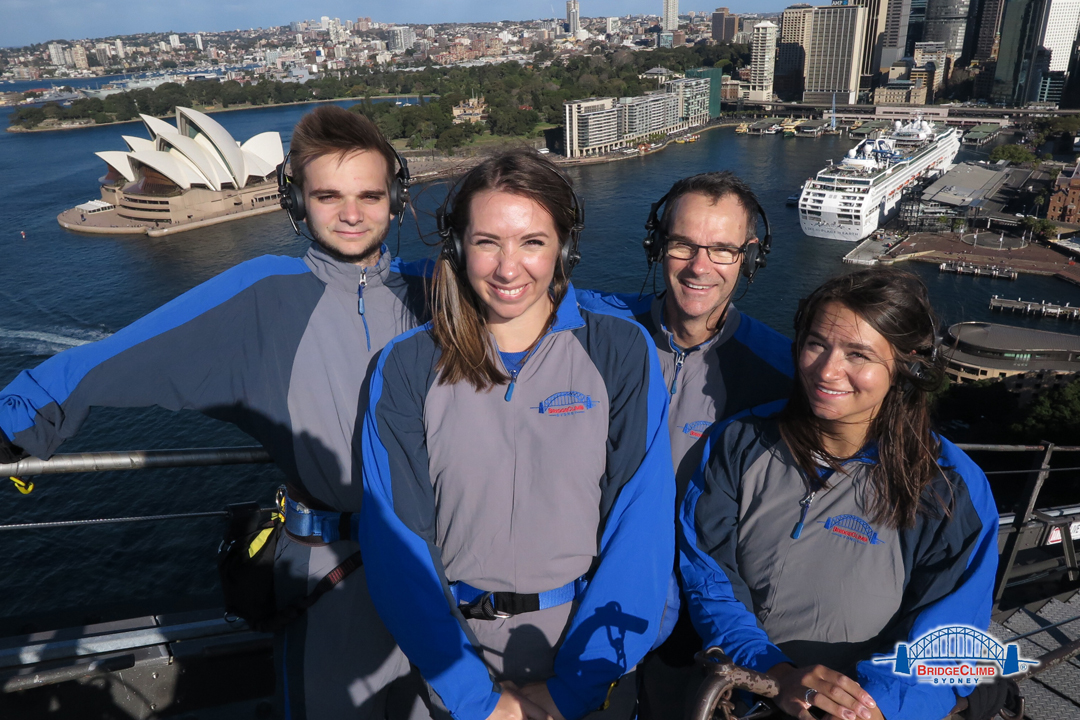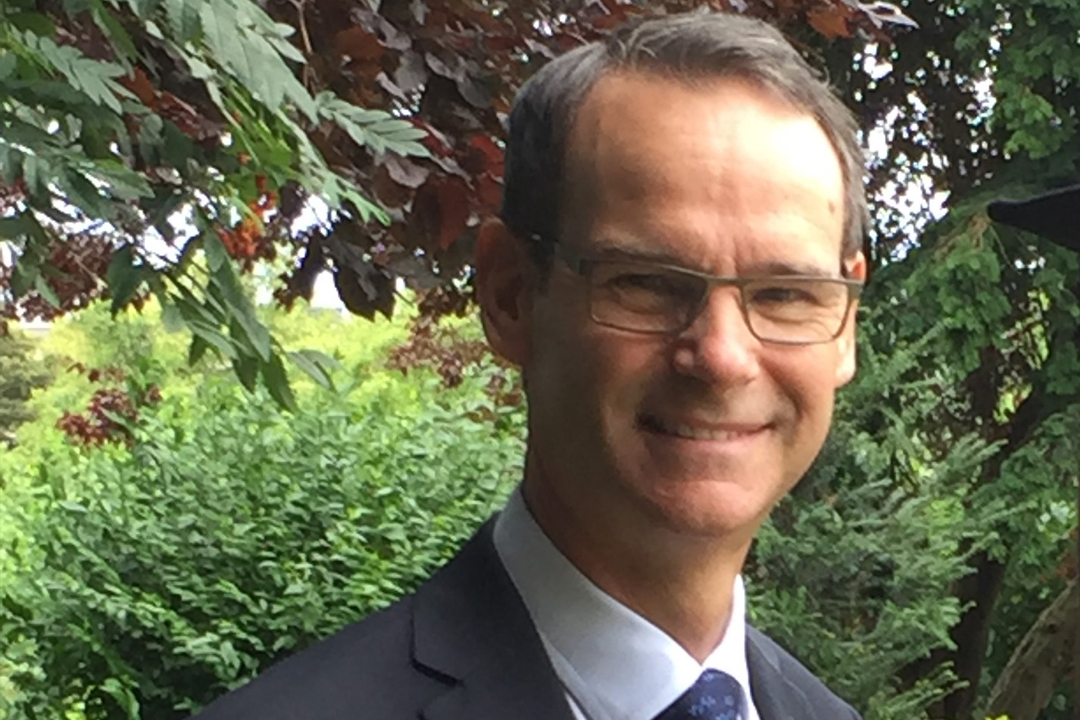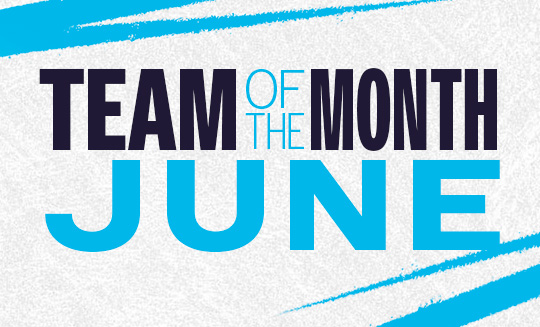PCA PRESS RELEASE
Former Derbyshire man looks back on three decades spent out of the game
To see more articles, click here
Iain Anderson has urged current players to start thinking about life after cricket as he looked back on his 34 years spent out of the game.
Anderson, 61, made 221 professional appearances between 1978-87, accumulating 6,320 runs across First-Class and List A cricket during an impressive start to his career in the game.
However, the right-handed batter was forced to swallow a bitter pill when he found himself out of contract at the end of the 1987 season at the age of just 27.
We spoke to Iain to find out how he would change his playing career with hindsight, how he got back on his feet following disappointment and what he has been up to ever since…
- Tell us a little bit about your playing career.
- I first played for Derbyshire second XI at 16 and made my first team debut a few weeks after finishing my A-levels. I gave up a university place to go on the Young England tour to Australia in 1979, and following that I played domestic cricket for 10 years, being capped in 1985.
- How do you look back at that period of your life?
- With pride on having achieved a dream of being a professional but some disappointment that I wasn’t able to do a little better. Looking back, there are some fantastic memories of playing with and against some of the best the game has seen, and there were also some lasting friendships made.
- What caused you to leave the professional game at 27?
- I had a couple of average seasons and unfortunately my contract wasn’t renewed at the end of the 1987 season.
"I had an idea that I would try to qualify as an accountant once I’d finished playing, I wish I had started my studies a little earlier whilst I was still playing."
IAIN ANDERSON
- How were players supported when they left the game during that era?
- There wasn’t a huge amount of support available back then. Our contracts were for the summer only and we needed to find work during the winter. Once your time was up, you were pretty much on your own.
- What sort of thing did you do during those winters?
- In the early years, I was very fortunate to play and coach abroad, spending time in Australia, South Africa and New Zealand, which was a wonderful experience and certainly compensated for missing out on university.
- Once I was married, I stayed at home and found whatever I could, sometimes finding some coaching assignments, sometimes driving a van. At those times, had I been able to tap into my future career, I would have gained the benefit in later years.
- Do you wish you had done more preparation for leaving the game whilst still playing?
- Definitely. Whereas I had an idea that I would try to qualify as an accountant once I’d finished playing, I wish I had started my studies a little earlier whilst I was still playing.
- For one thing, it would have reduced the time I spent without the qualification, and secondly I think it may have relaxed me by giving me something else to focus on when I had some down time, rather than dwell on failure.
- How did you get into accountancy?
- I had the opportunity due to my brother having his own accountancy practice in Derby. I worked for him one winter and enjoyed the work, whilst also recognising that there was still the opportunity to get a qualification and have a professional career.
- Once I was committed to this as a career, I moved onto a larger global practice, where I qualified before moving into industry. I now work as the Financial Director for a company that makes and services water treatment equipment in Derbyshire.
- With hindsight, how do you reflect on your transition into a second career and your journey since?
- It was a hard slog having to get the books out and study again after 10 years of professional cricket, so if I could have ticked off some of those five years of study whilst still playing, that would have been very beneficial in hindsight.
- However, I’ve had a much longer second career, which has given me job satisfaction and a lot of opportunity to travel.
- What would your advice be to players in a similar situation today?
- There will be a lot of time to fill with meaningful work once cricket has finished, so start thinking about your future as early as you can. If you can pick up relevant work experience and work towards a qualification whilst you are still playing, and there is downtime you can utilise to do so, it can shorten your transition period from one career to the next.
